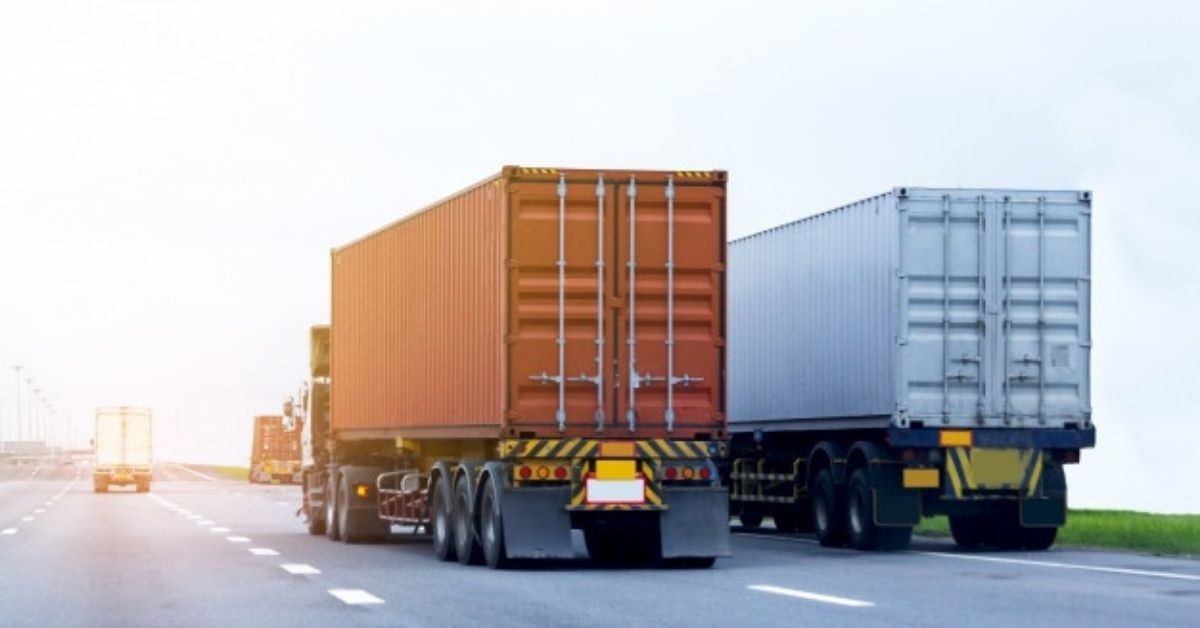The road logistics market in India is expected to grow at a compounded annual growth rate of 8 per cent in the next five years, to reach USD 330 billion by 2025, as per a report. This growth will be fueled by factors such as the rapidly growing e-commerce sector and a growing retail sales market, among others, according to ‘Inter-city Logistics Market Study’, released by consulting firm RedSeer’s early stage research arm, RedCore on Thursday.
As per the report, the road logistic market in India is to grow at a compounded annual growth rate (CAGR) of 8 per cent in the next five years making it a USD 330 billion market by 2025.
The inter-city road logistics spend in India stood at USD 209 billion in 2021, accounting for around 87 per cent of total road logistics spend, as per the study.
Out of this, the on-demand/spot market accounted for 63 per cent of the total spend, while the contract market accounted for the remaining 37 per cent.
On-demand/spot freight transport is the movement of goods on an immediate basis with prompt payments, which helps in satisfying unfulfilled and urgent demands. It counts sectors such as defence, PSUs, agriculture, food and FMCG, and building materials, among others, as its key clients.
According to the report, metros accounted for as much as 40 per cent or USD 84-billion, of the total inter-city logistics spend of USD 209 billion.
Noting that logistics costs in relation to GDP is an indicator of how efficiently businesses can operate, and how competitive India is in terms of transport infrastructure and freight management, the report said, logistics spends contribute to 14 per cent of the overall GDP of India, wherein road logistics has the largest share with 60 per cent of the overall market spends.
Given the massive economic opportunity that lies here, a slew of startups are disrupting this sector with innovative business models that solve most of the industry pain-points from the supply side, it said.
These startups are operating across the value-chain ranging from discovery and booking, value-add services and execution with their target clientele consisting of consignors as well as truck owners, among others, the report said.
A notable business model, according to the study, is the open marketplace which leverages technology to enable stakeholders in the sector to connect with each other.
It focuses on the on-demand/spot market and allows truck owners to get instant booking from verified and trusted transporters without any commission, it said.
Additionally, multiple government policies have come up in recent years that have supported the disruption in the logistics space such as the Logistic Efficient Enhancement Program (LEEP), Digital India, and Make in India, among others, as per the study.
Source : Economic Times








